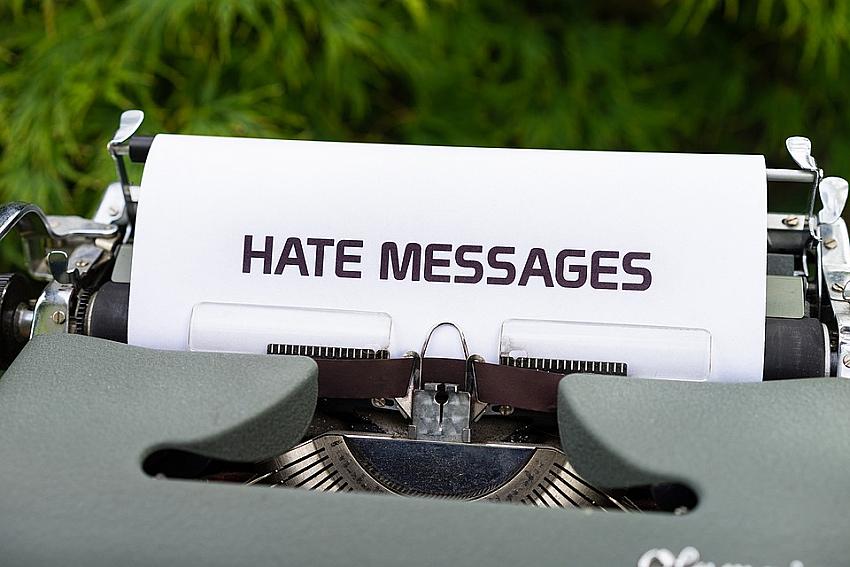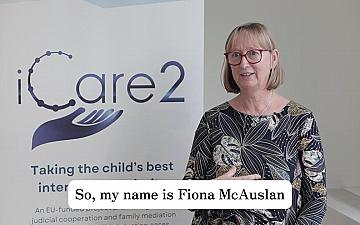The social media era did bring us a lot of things- good and bad. It did connect us like never before but it did target us, too. The content that is filled with misinformation and disinformation have become the main focus in the social media era. Because of that, the risk of undermining the trust in journalism is a present issue that should be addressed sooner, rather than later. It rarely occurs to mind that the journalists may become a victim of abuse or online abuse. Journalists have been targeted in acts of ‘astroturfing’ and ‘trolling’.
The issue is not caused only by common trolls, but governments are mobilizing “digital hate squads” to discredit journalists. In an article with Bloomberg, Camille Francois had shared that after the infamous protests in Istanbul the President Recep Erdogan’s government has used repression to turn social media “into a near dead zone for genuine social protest in Turkey,” Francois said. “Five years later, there is very little organically organized activity.”
Michele Ferrier, journalist and founder of TrollBusters, had shared that according to her, “There is no safe space online and limited recourse to just block or get off the computer.” She also brings the attention to the independent news providers and their lack of a big support group that may step up for them.
To deepen the issue, AI technology is being used to create fake videos that are used to discredit journalists. Bots are deployed to spread fake news. There are also a lot of key digital security threats such as: targeted surveillance and mass surveillance; Software and hardware exploits without the knowledge of the target; Phishing attacks; Fake domain attacks; Man-in-the-Middle (MitM) attacks; Denial of Service (DoS) attacks and Distributed Denial of Service (DDOS –Distributed Denial of Service); Website defacement; Compromised user accounts; Intimidation, harassment and forced exposure of online networks; Disinformation and smear campaigns; Confiscation of journalistic work product, and Data storage and mining.
In the Philippines, Rappler CEO and Executive Editor, Maria Ressa have become a target of trolling for many years. She has developed a strategy on how to fightback the trolls. First, recognize the seriousness of the problem. After that, recognize the psychological impacts and facilitate psychological support for affected staff. Then, use investigative journalism as a weapon in the fightback.
Additionally, you can appeal to loyal audiences to help repel and contain attacks. Tighten your security on and offline in response to harassment. Last but not least, publicly call on platforms (e.g. Facebook and Twitter) to do more to curtail and adequately manage online harassment.
Online harassment should be prohibited in any kind of shape or form as it can lead to career failure or physical/ mental damage. Journalists should not be discredited because of a rumor, but with statements that are backed up by facts.









